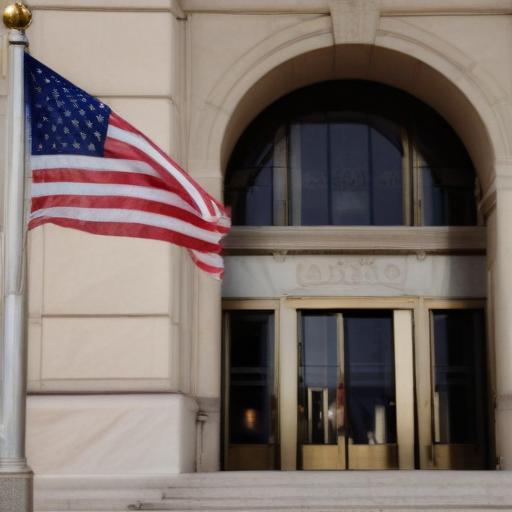San Antonio immigration attorneys are voicing concerns over recent arrests by ICE (U.S. Immigration and Customs Enforcement) at immigration courthouses, fearing that these actions may prompt a significant increase in deportations. Many individuals currently navigating the immigration process are now hesitant to attend their court appointments, as they fear being detained.
Under new directives from the Trump administration initiated in January, ICE is now permitted to detain individuals at immigration courthouses, a practice that was previously restricted. This legal change has begun impacting detainees in San Antonio, with many now stuck in a difficult dilemma: attend court and risk detention, or skip the appointment and become subject to deportation for failing to appear.
Jeff Addicott, a law professor at St. Mary’s University, explained the predicament. He said, “If I show up, I’m going to be detained. If I don’t show up, I’m going to be deemed to be deportable.”
Immigration attorney Marlyn Moreno noted that the recent actions by ICE appear aimed at accelerating the deportation process. Moreno highlighted that while individuals cannot be deported while actively engaging in their legal process in front of a judge, ICE has started dismissing cases to expedite deportations. “They’re moving to dismiss, and ICE is outside the courtroom, in plain clothes, detaining them,” Moreno stated.
Prior to these developments, there were cases where judges would issue removal orders, but many individuals would go into hiding, never facing deportation. According to Addicott, the current approach by the Trump administration seems focused on ensuring that these individuals do not evade deportation, as removal orders can now be executed immediately once a case is dismissed.
This ongoing situation has sparked a broader debate about immigration enforcement practices and the implications for individuals seeking legal status. While the administration asserts the legality and necessity of such actions for national security, advocates argue that these policies create a climate of fear, complicating the lives of those merely seeking to obtain a fair hearing in an immigration court.
In light of these developments, there remains hope that discussions surrounding immigration policies may lead to reforms that prioritize fairness and compassion while maintaining security.
